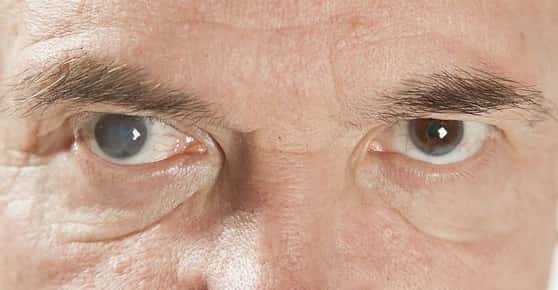The only way to correct the clouded vision caused by advanced cataracts is surgical intervention. If you find yourself pursuing cataract surgery to remove one or both cataract-disease lenses, you may be wondering what surgical approaches are available for treatment. Although eye surgeons have successfully
Read more
For most people, the lens of one or both eyes eventually gets cloudy, causing blurry vision. This condition is called a cataract. More than half of Americans develop cataracts or have had surgery to correct a cataract by the age of 80, according to the National Eye Institute. You might develop a cataract in one or both eyes, but it does not spread from one to the other.
Cataracts progress over time. If your vision is adequate, glasses or contact lenses might suffice to address your early-stage cataract and slightly impaired vision. However, if blurred vision is making you a dangerous driver, affecting your independence or compromising your ability to do the things you love, it might be time for cataract surgery.
-
Laser Cataract Surgery
Category: We Can Help With, Cataracts
-
Cataract Surgery
Category: We Can Help With, Cataracts
With cataract surgery, your ophthalmologist removes the cataract-diseased lens of your eye. The ophthalmologist then replaces your natural lens with an artificial one. The Procedure This outpatient procedure is generally safe and takes less than an hour. Your ophthalmologist will dilate your pupil
Read more -
Intraocular Lenses
Category: We Can Help With, Cataracts
If your vision is blurred due to cataracts and you are pursuing surgical intervention to correct the problem, you are likely considering which intraocular lens (IOL) to choose, to restore your vision after cataract surgery. There are a variety of IOL options to choose from. Your ophthalmologist can help
Read more
